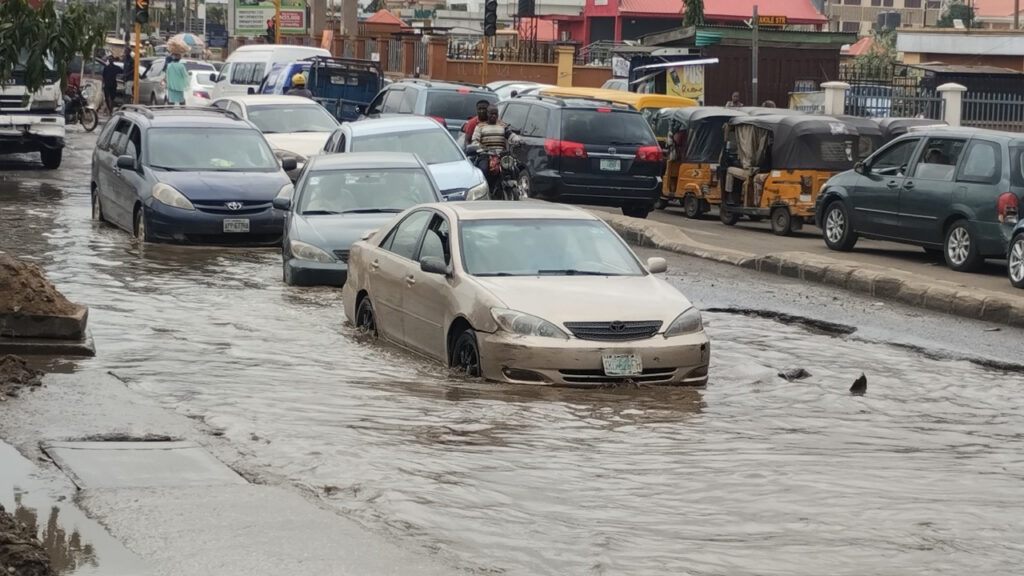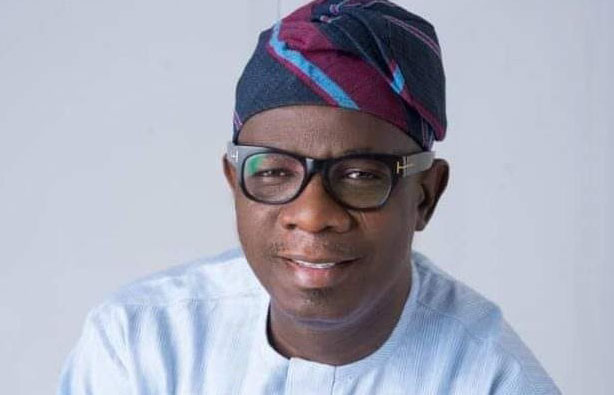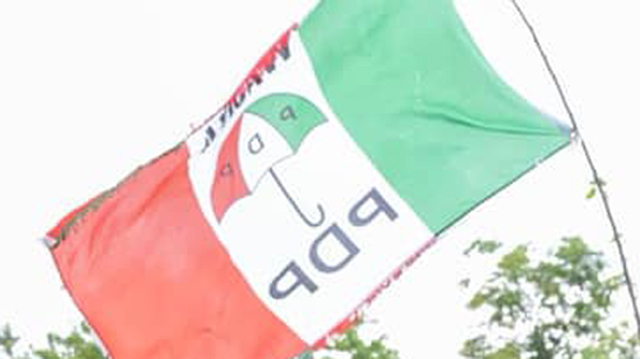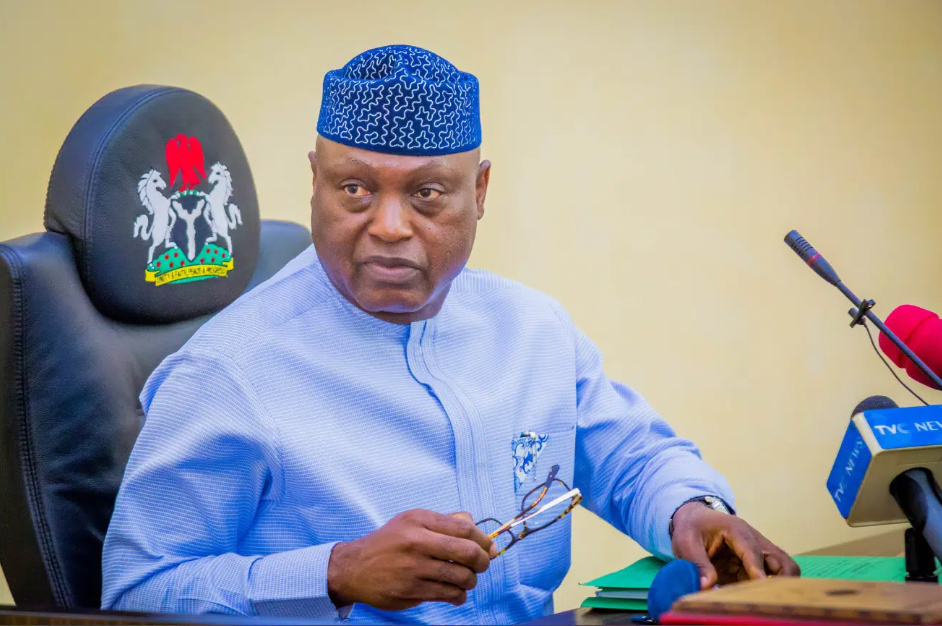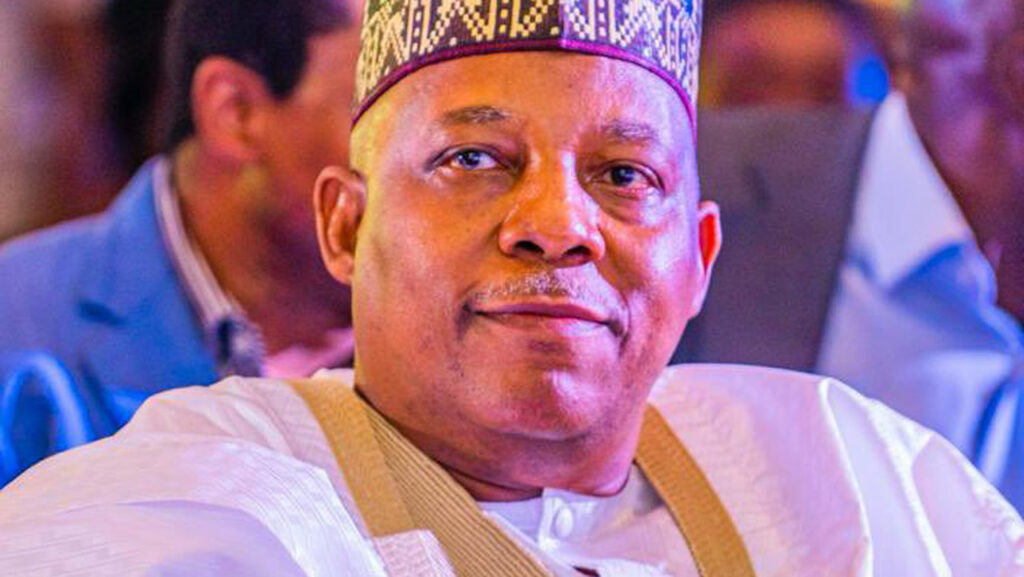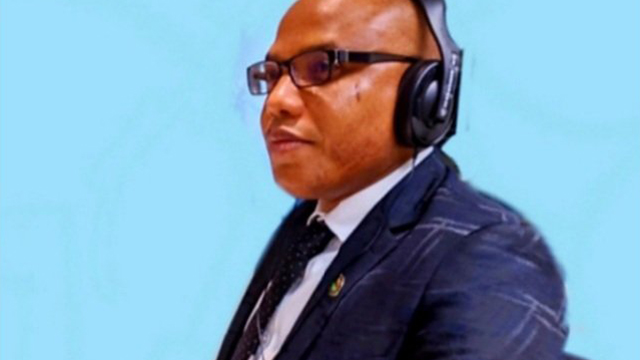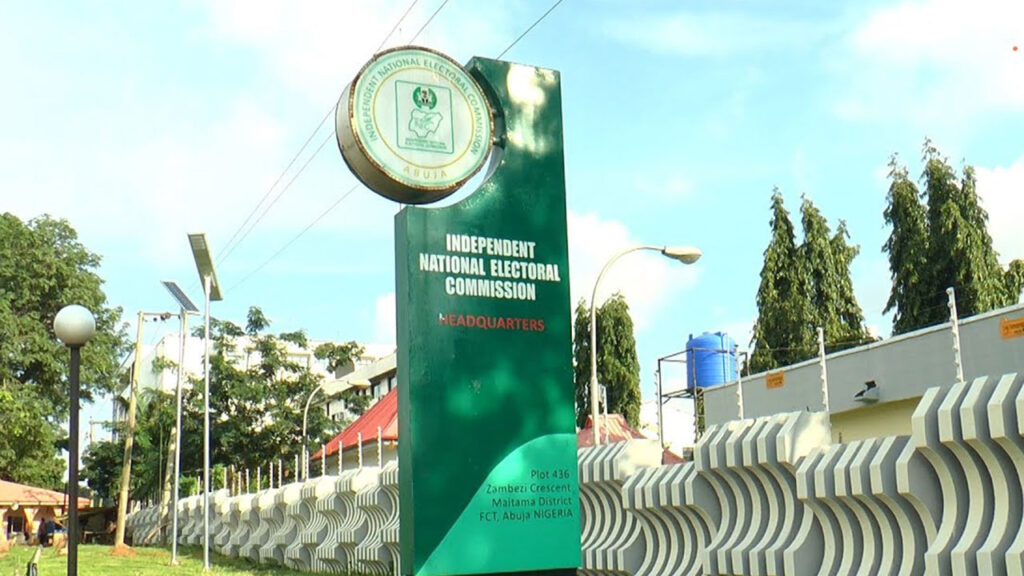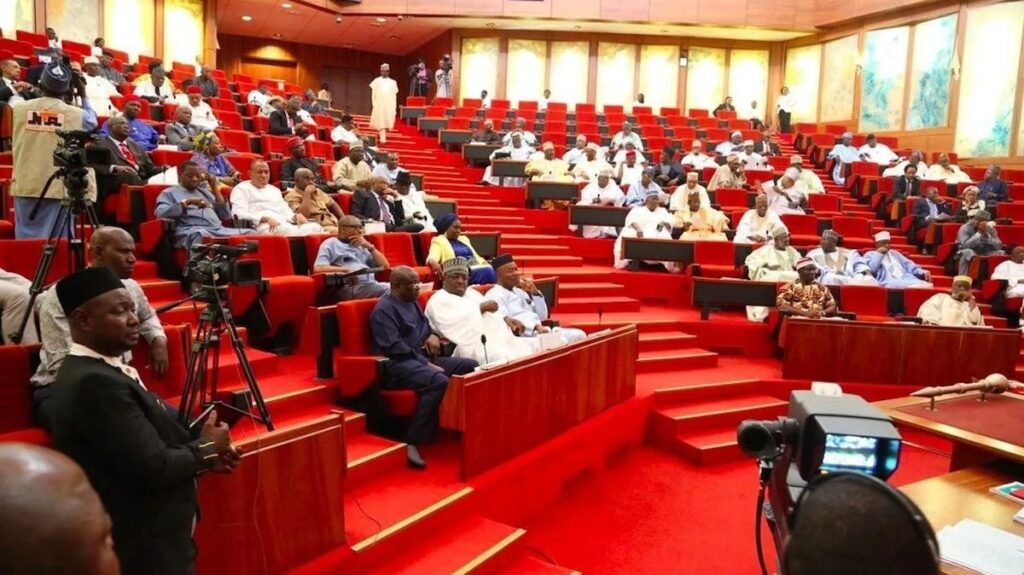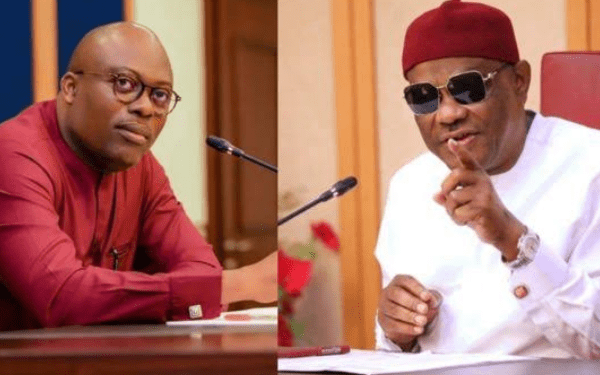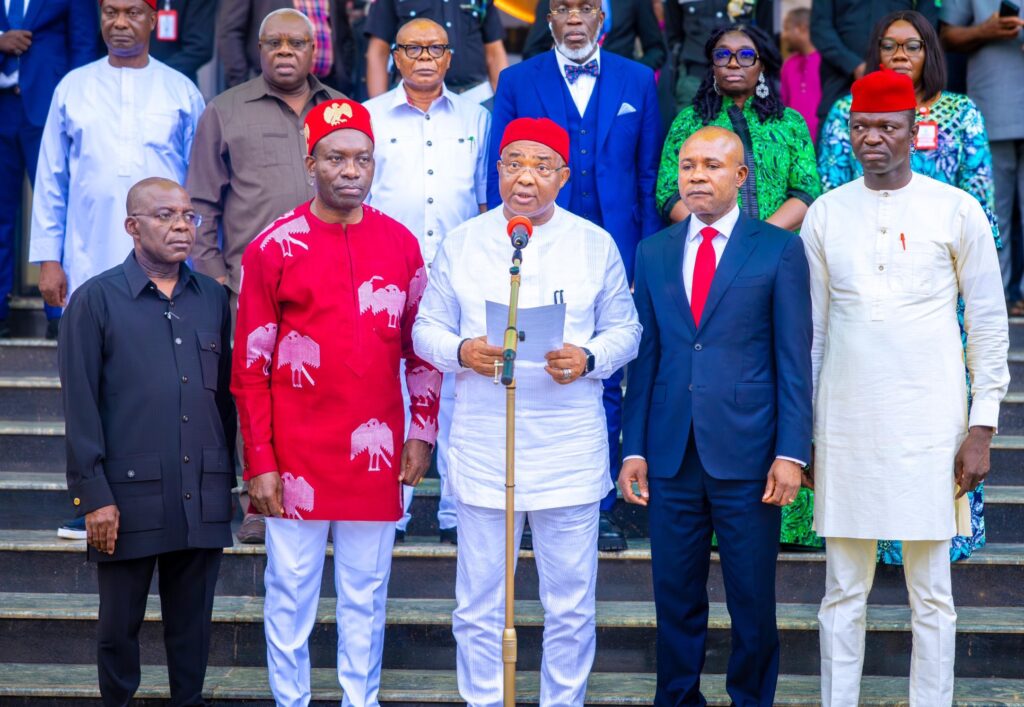
PERHAPS it is time to take more than a cursory look at the disquiet in the leadership of the ruling All Progressive Congress (APC) especially as it concerns alleged plan to reduce the influence of the leader of the party in the South West geo-political zone.
If the exchange of words between pioneer Chairman of the APC, Chief Bisi Akande and the Arewa Consultative Forum (ACF) over the leadership crisis in the National Assembly is taken to mean a frosty relationship between the South West and Northern political establishments, then stakeholders should get together and find a way to thaw the ice.
While many may see the disagreement between the two blocs as some of the teething problems in their new rapport, the first in Nigeria’s political history, the matter is certainly deeper than what we see in the surface and may portend great danger for the country’s democracy if the disquiet is allowed to reach a stage of rebellion.
This is because political rumpus in the South West especially when the regional mainstream is pitched against the Central government, has always lead to the truncation of democracy as it occurred in 1962, 1983 and 1993 following elections in those years.
And in each of the cases listed, which were actually remote and immediate causes of Nigeria’s perch on the edge of the precipice, the mainstream South West was at loggerheads with the central authority.
It is time to look beyond the ordinary (which this time means reducing the crisis to only an intra-party wrangling within the APC) and seek protection for the country’s democracy by engendering a truce between the two gladiators. Politicians should avoid another round of political crisis in Nigeria; a stitch in time saves nine.

